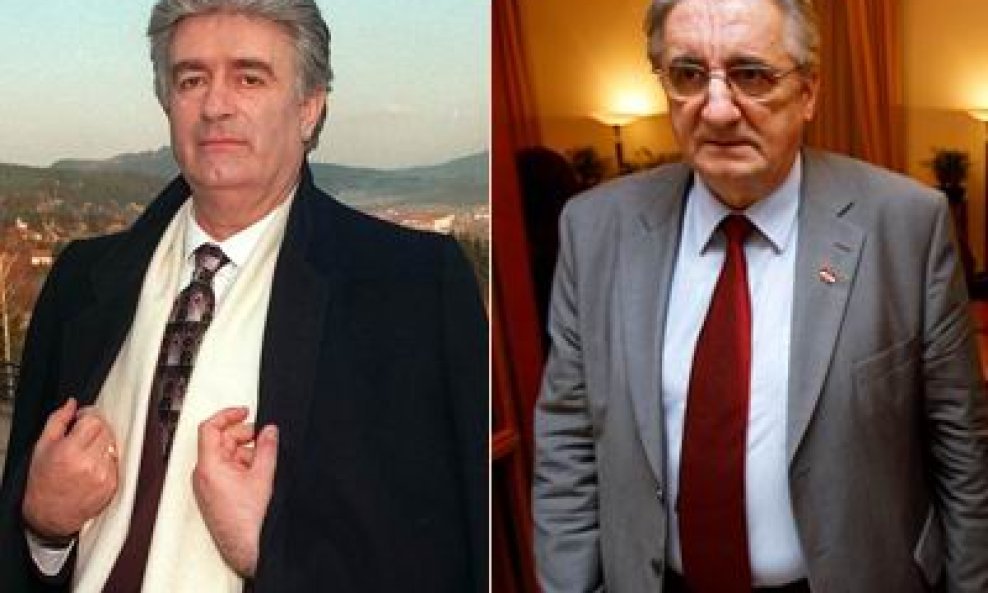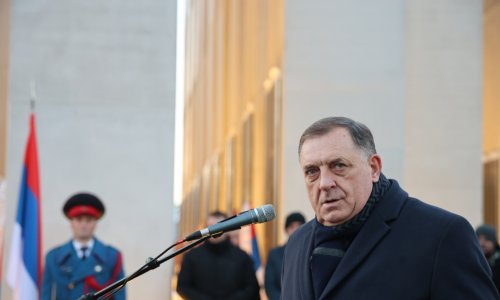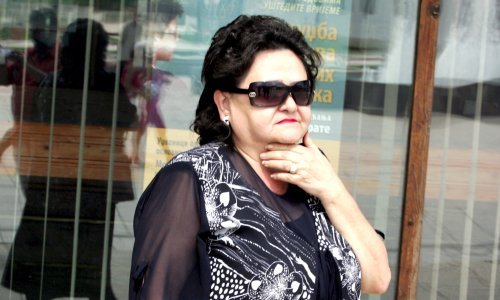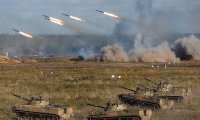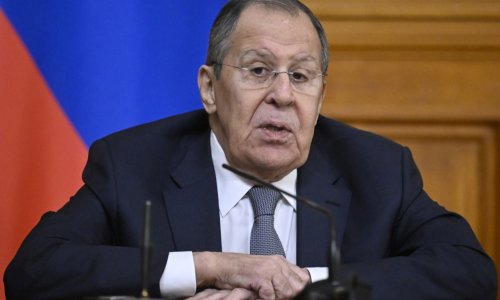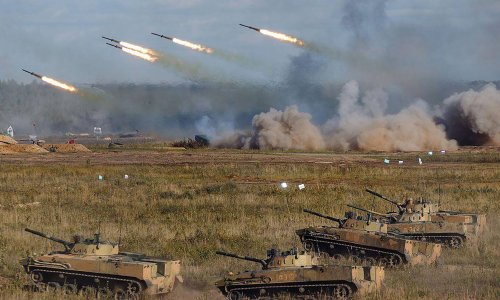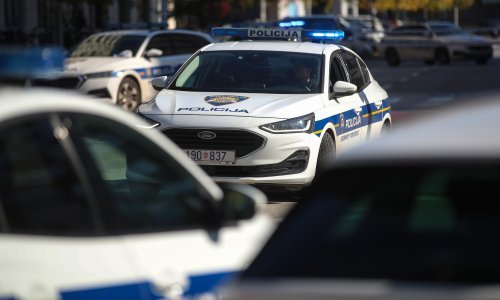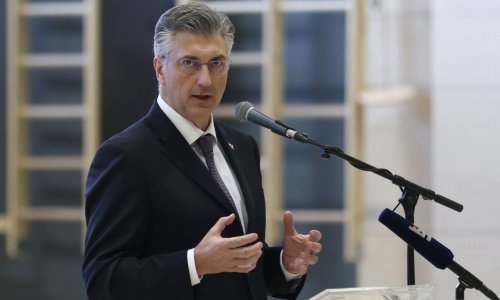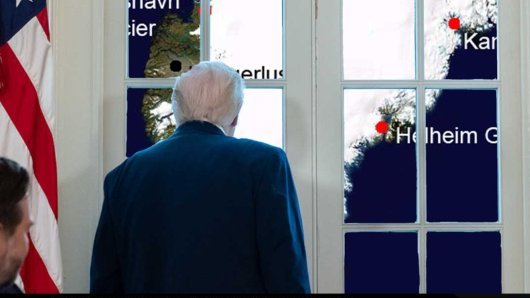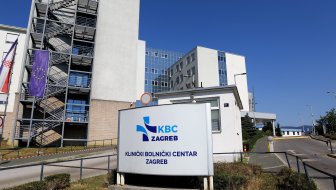The International Criminal Tribunal for the former Yugoslavia (ICTY) has granted the motion submitted by the wartime Bosnian Serb leader Radovan Karadzic, indicted for the gravest war crimes, to have an interview with the former head of the Croatian intelligence services, Miroslav Tudjman and the Hague-based tribunal ordered to the Croatian government to ensure that Tudjman may respond to the invitation for an interview with Karadzic's legal adviser.
The Croatian government is requested to forward the summons to Miroslav Tudjman and take all necessary measures so as to ensure the appearance of the son of the first Croatian President Franjo Tudjman, at the interview with the Accused's legal advisor at the place and time chosen by the latter, according to the decision which the UN tribunal posted on its web site.
The trial chamber thus granted the motion submitted by Karadzic in September 2010 for an interview with Miroslav Tudjman, a former director of the Croatian Intelligence Service (HIS), in which the defendant claimed that Tudjman had known about the smuggling of arms to Bosnian Muslims (Bosniaks) during the war in Bosnia and Herzegovina.
Karadzic claims that Tudjman "is particularly well placed to reveal what documents exist which reflect the agreement with Iran to ship arms to the Bosnian Muslims, the acquiescence of the United States and other United Nations Member States, the opening up of naval or air routes which had been blockaded, the use of humanitarian convoys to smuggle the arms into (BiH), and the nature and amount of arms which were smuggled into (BiH) during 1994–1995."
The trial chamber said that "Attempts by the Accused to interview Miroslav Tudjman on a voluntary basis have now come to a stalemate" and that information which Karadzic may obtain from the interview with Tudjman could be relevant to his trial and his defence.
Karadzic is standing trial before the ICTY for genocide in Srebrenica and 43-month-long siege of the Bosnian capital of Sarajevo.



